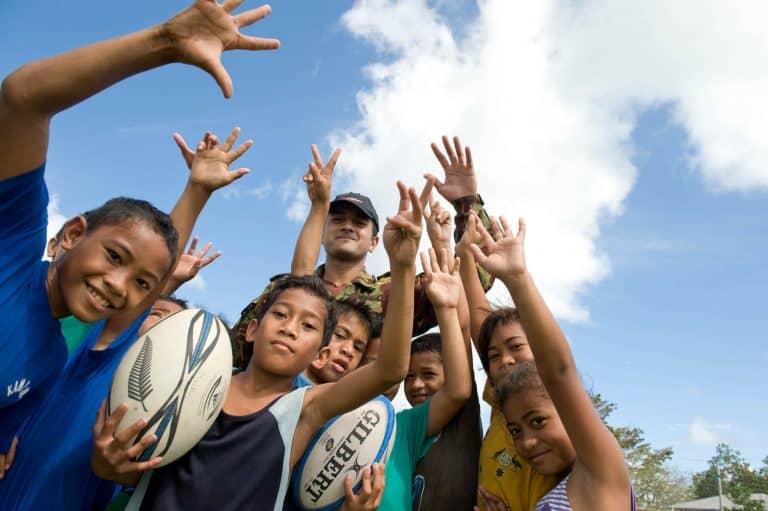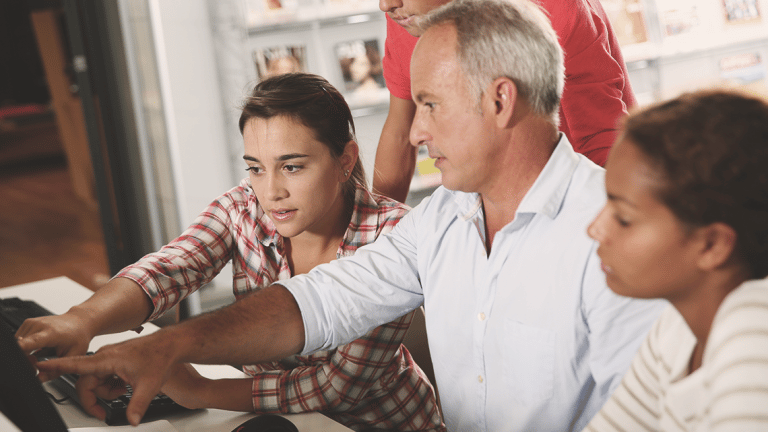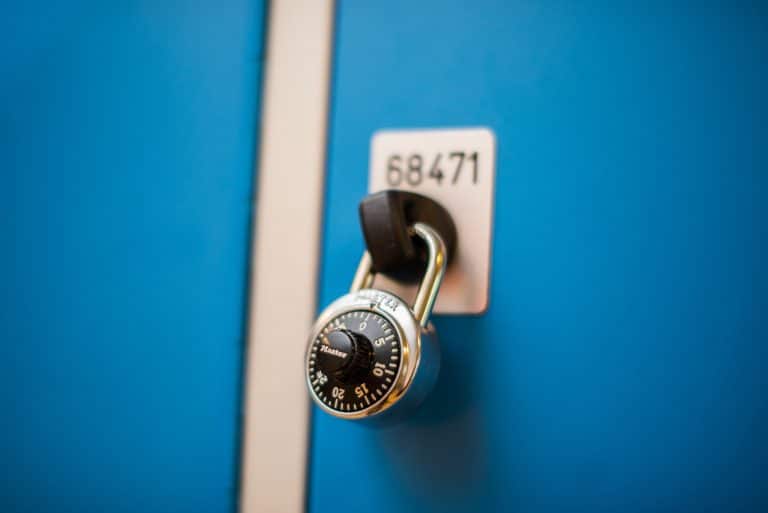Digital Citizenship and Digital Literacy
The widespread adoption of technology and our increasing use of digital platforms means that every New Zealander needs to have digital literacy skills and know how to model responsible behaviours as successful ‘digital citizens’ in real-world contexts. Anyone using the internet should understand how good citizenship values apply online and NetSafe works with educators and…

The widespread adoption of technology and our increasing use of digital platforms means that every New Zealander needs to have digital literacy skills and know how to model responsible behaviours as successful ‘digital citizens’ in real-world contexts.
Anyone using the internet should understand how good citizenship values apply online and NetSafe works with educators and families alike to help develop skills and knowledge around this concept.
WHAT IS A ‘DIGITAL CITIZEN’?
We have defined a successful digital citizen as someone who:
- is a confident and capable user of ICT
- uses technologies to participate in educational, cultural, and economic activities
- uses and develops critical thinking skills in cyberspace
- is literate in the language, symbols, and texts of digital technologies
- is aware of ICT challenges and can manage them effectively
- uses ICT to relate to others in positive, meaningful ways
- demonstrates honesty and integrity and ethical behaviour in their use of ICT
- respects the concepts of privacy and freedom of speech in a digital world
- contributes and actively promotes the values of digital citizenship
It would be easy to think of Digital literacy as just another set of skills or knowledge that we need to learn, but it is significantly more than that. It is what is required for us to understand, take part in and get the most from our digitally enabled society. Digital literacy is a fundamental aspect of digital citizenship.
“Being digitally literate is not just learning about or even with digital technologies, but is being able to participate fully in a digitally-enabled [society]”
Like literacy and numeracy initiatives which provide people with the skills to participate in the work force, digital literacy has become an essential skill to be a confident, connected, and actively involved life long learner.
Practical skills associated with digital literacy could include knowing:
- how to search the internet and research appropriate content
- how to filter the material found and recognise trustworthy information
- how to think critically and identify bias
- how to analyse and solve problems using digital tools
- how to reference source material and avoid plagiarism
- the concepts behind intellectual property and copyright
- how to create, collaborate with others and build and share knowledge
HOW DO I HELP MY CHILDREN THINK CRITICALLY AND NOT BELIEVE EVERYTHING THEY SEE ONLINE?
As parents, it’s important to discuss with your children the wide range of information that’s available online and how anyone can publish anything at all.
People can pretend to be whoever they want and many things can be copied, altered, stored or re-distributed in any format.
People can and do post things online which are untrue or extremely biased. They may have an underlying commercial or political agenda or simply enjoy the ability to express their own opinions to a global audience.
Schools will assist students to learn how to undertake sufficient research to get a well rounded view of a topic and compare different opinions. Developing digital literacy skills involves encouraging students to think for themselves and explore many different points of view.
These citizenship and literacy skills are just as important online as in any other setting where ideas are formulated, shared, discussed and refined.
More advice and information
- Contact NetSafe if you’d like further help on 0508 NETSAFE or [email protected].





